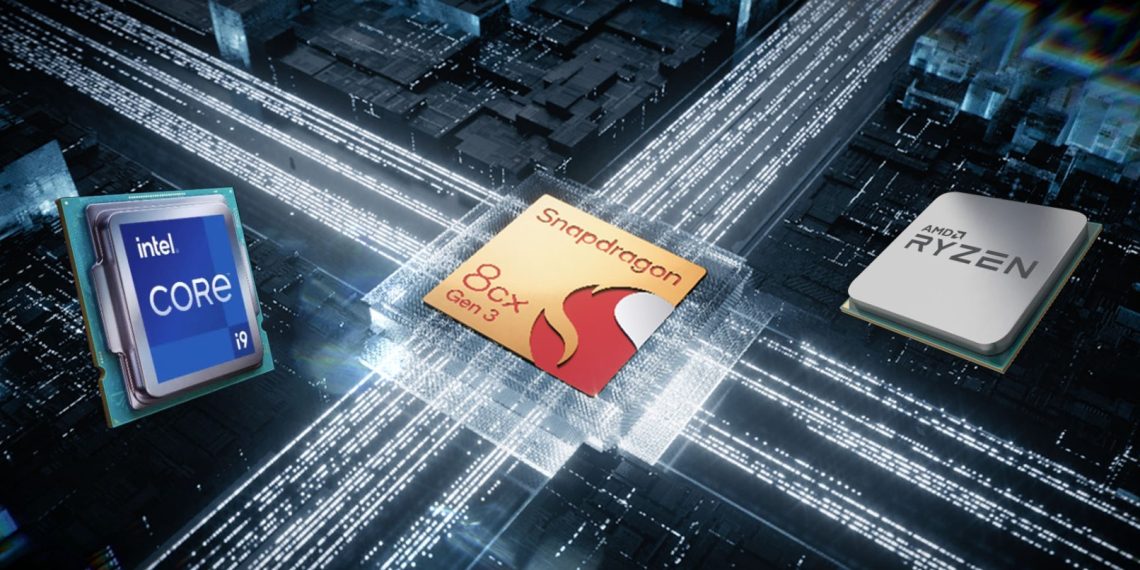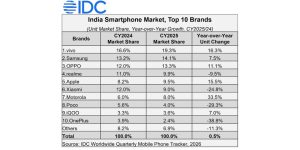Samsung and AMD are teaming up to challenge Intel and Qualcomm in the Chromebook market. While the Chromebook segment is currently dominated by notebooks featuring Intel and Qualcomm CPUs, AMD is turning to Samsung for its next-generation CPUs for Chromebooks.
According to tipster @OreXda on Twitter, AMD has signed a deal to use Samsung’s semiconductor foundry, which will allow AMD to gain access to Samsung’s advanced 4nm process technology. The move to 4nm chips could help make upcoming AMD-powered Chromebooks more competitive in the market. However, finer details regarding the upcoming AMD chipset have not been revealed yet.
TSMC, the world’s largest contract chipmaker, has been flooded with orders for its 4nm process by various tech giants. In contrast, Samsung is pushing to expand its 4nm production capacity, and the collaboration with AMD could help the company further enhance its position in the chipmaking industry.
Samsung and AMD’s Partnership
Samsung and AMD are already working on the upcoming Ryzen Z1 series of chipsets that will power upcoming handheld gaming consoles like the ASUS ROG Ally. Therefore, it is no surprise if AMD turns to Samsung’s Foundry for its next-gen processors dedicated to Chromebooks. Samsung already has its own Chromebook lineup, so AMD may also partner up with the brand for its newer Chromebook models.
The Collaboration’s Impact on the Chromebook Market
This collaboration between Samsung and AMD could have a significant impact on the Chromebook market, as Samsung’s 4nm process technology is expected to offer better performance and energy efficiency than Intel and Qualcomm’s chips. This could make Samsung and AMD-powered Chromebooks more attractive to consumers, particularly those who prioritize performance and battery life.
The move towards 4nm chips could also help Chromebook manufacturers design thinner and lighter devices, which could appeal to users looking for more portable laptops. In addition, Samsung and AMD’s partnership could lead to greater innovation in the Chromebook space, resulting in more powerful, feature-rich devices that can compete with traditional laptops.
In conclusion, the partnership between Samsung and AMD in the Chromebook market could provide a more competitive landscape and drive innovation in the industry. With Samsung’s advanced 4nm process technology and AMD’s expertise in chipmaking, the companies could create Chromebooks with better performance and battery life that could appeal to a wide range of consumers.











































































































































































